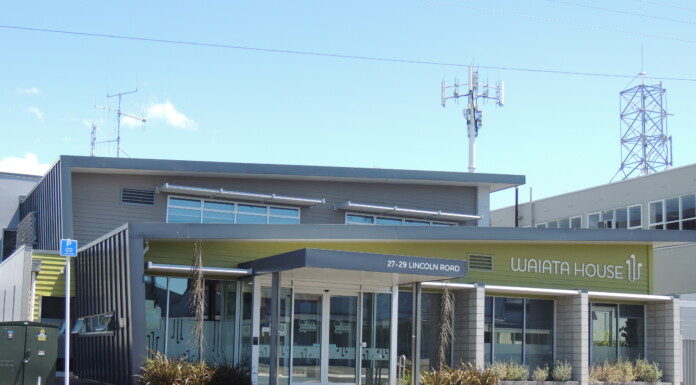An extraordinary Masterton District Council meeting held last night was due to discuss staff recommendations on an elected member’s request to reduce personnel costs for the 2023-24 year.
The request was initiated at last week’s Annual Plan deliberations meeting by councillor Brent Goodwin, who asked for staff costs to be capped at $12,891,500, and elected members’ remuneration at $657,564.
This would result in a total personnel cost of about $13.5m, compared to the proposed $14.4m for 2023-24, Goodwin said.
Council staff were then asked to report back on the implications of such a move.
In a report in yesterday’s meeting agenda, chief executive David Hopman said the projected personnel costs for the year ending June 30, 2023, is $13.3m, including elected members’ remuneration and paying contractors.
The budget for the year was $14.1m but savings of $832,154 were made due to staff vacancies, which Hopman said has put pressure on the council’s ability to deliver services.
Hopman further clarified that the staff component of the 2022-23 budget totalled about $13.5m and the proposed 2023-24 budget for staff is about 14.4m – a 6.6 per cent increase.
Hopman said this meant the council could increase staff salaries to match labour market movements, “as well as staff progressing towards full competence and paid at 100 per cent of market rates”.
He noted that in 2021 the council agreed through the setting of Long-Term Plan budgets to ensure equitable pay for staff by moving to local government market rates over a three-year period.
“The proposed Annual Plan 2023-24 is the last year of the three-year period. This agreement is a term of staff employment,” Hopman said.
He said although the council was responsible for setting the annual budget through the approval of the Annual Plan, “this cannot extend to prescribing a cap on staff costs”.
He said if councillors want to further reduce costs in the new Annual Plan, they would review and recast operational budgets, “in particular the level of funding of depreciation to reserve funds”.
The average rates rise would then be 6.9 per cent, down from the latest figure of 7.6 per cent.
This would allow staff to continue to deliver current levels of service.
However, underfunding depreciation would eventually catch up with the council, impacting future ratepayers.
The results of the meeting will be reported in an upcoming edition.
Public Interest Journalism funded through NZ On Air



